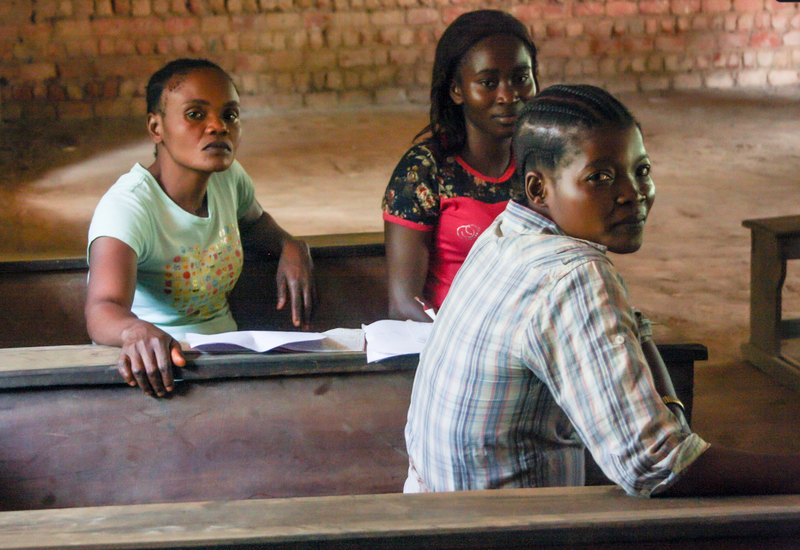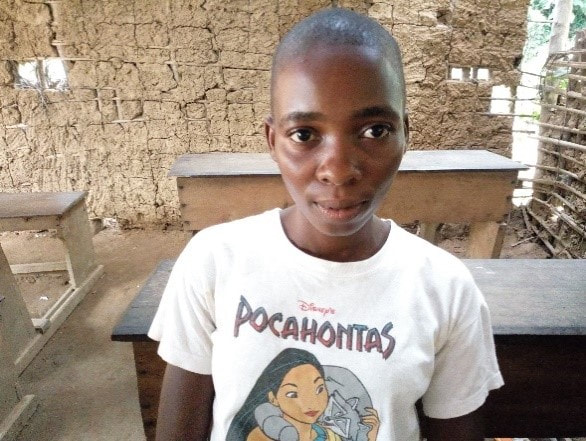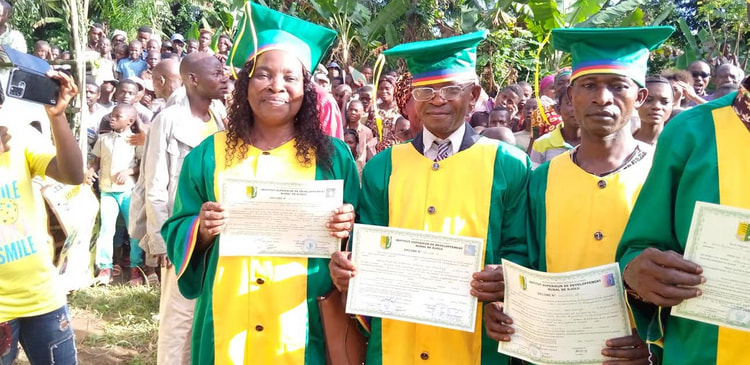
We come away from COP26 with mixed feelings about promises made by our world leaders and the steps the world has pledged to take to combat climate change. But we also have hope – because we have seen renewed attention to the gendered impacts of climate change and sustainable solutions that prioritize women in the fight to save our planet.
It is a fact that women bear the brunt of climate-related disasters (1) and they also play a major role in protecting their families and communities when disaster hits. The more power women have in a society, the more resilient it is to climate related impacts (2). Studies have also shown that women in leadership positions have a greater tendency to promote policies that protect the environment and their communities (3).
It is a fact that women bear the brunt of climate-related disasters (1) and they also play a major role in protecting their families and communities when disaster hits. The more power women have in a society, the more resilient it is to climate related impacts (2). Studies have also shown that women in leadership positions have a greater tendency to promote policies that protect the environment and their communities (3).
Click on the photos to meet talented women studying at Djolu Technical College
At CEP we imagine a brighter future where women have the resources and support they need to lead our future generations out of the climate crisis. And educating women is one of the most effective strategies to lead us all to that brighter future. In fact, when you pair it with access to family planning, educating women becomes one of the most powerful tools we have to save the planet. Because these two strategies combined result in slower population growth, and healthier, stronger communities because stronger women mean stronger families, and stronger families mean stronger communities.
At CEP we have always promoted sustainable solutions that put leadership in the hands of those who know best how to protect the land and ecosystem around them: solutions that put women and local rainforest communities first.
At the recent November graduation ceremony at Djolu Technical College: on the left, Josephine Mpanga Batsina,
DTC graduate and President of the local women's non-profit "REFED" in Djolu.
DTC graduate and President of the local women's non-profit "REFED" in Djolu.
Most of CEP’s funding depends on individual donors like you. Join us these last few weeks of 2021 to help raise $30,000 for our Women Lead Campaign. The CEP board has generously pledged $15,000 in matching funds, so if you donate before December 31, your gift will be doubled.
Your support will help Djolu Technical College continue to provide higher education that supports women becoming leaders alongside their male counterparts and allows DTC to continue and grow their community programs that promote women’s education and women’s leadership.
Just a little goes a long way:
Your support will help Djolu Technical College continue to provide higher education that supports women becoming leaders alongside their male counterparts and allows DTC to continue and grow their community programs that promote women’s education and women’s leadership.
Just a little goes a long way:
- $300 can provide one month of internet fees for the College's computer center
- $400 can pay a month's salary for a member of the DTC faculty
- $500 can provide a scholarship to cover a student’s tuition for one year
Your support for CEP makes you part of the solution!
(1) Women’s Environmental Network. “Gender and the Climate Change Agenda. The impacts of climate change on women and public policy.” 2010.
(2) Carvajal-Escobar, Y. et al., ‘Women’s role in adapting to climate change and variability’, Advances in Geosciences 14 (2008), pp. 277–280.
(3) Norgaard, Kari, and Richard York. “Gender equality and state environmentalism.” Gender & Society 19.4 (2005): 506-522.
"Education is the most powerful weapon which you can use to change the world."






